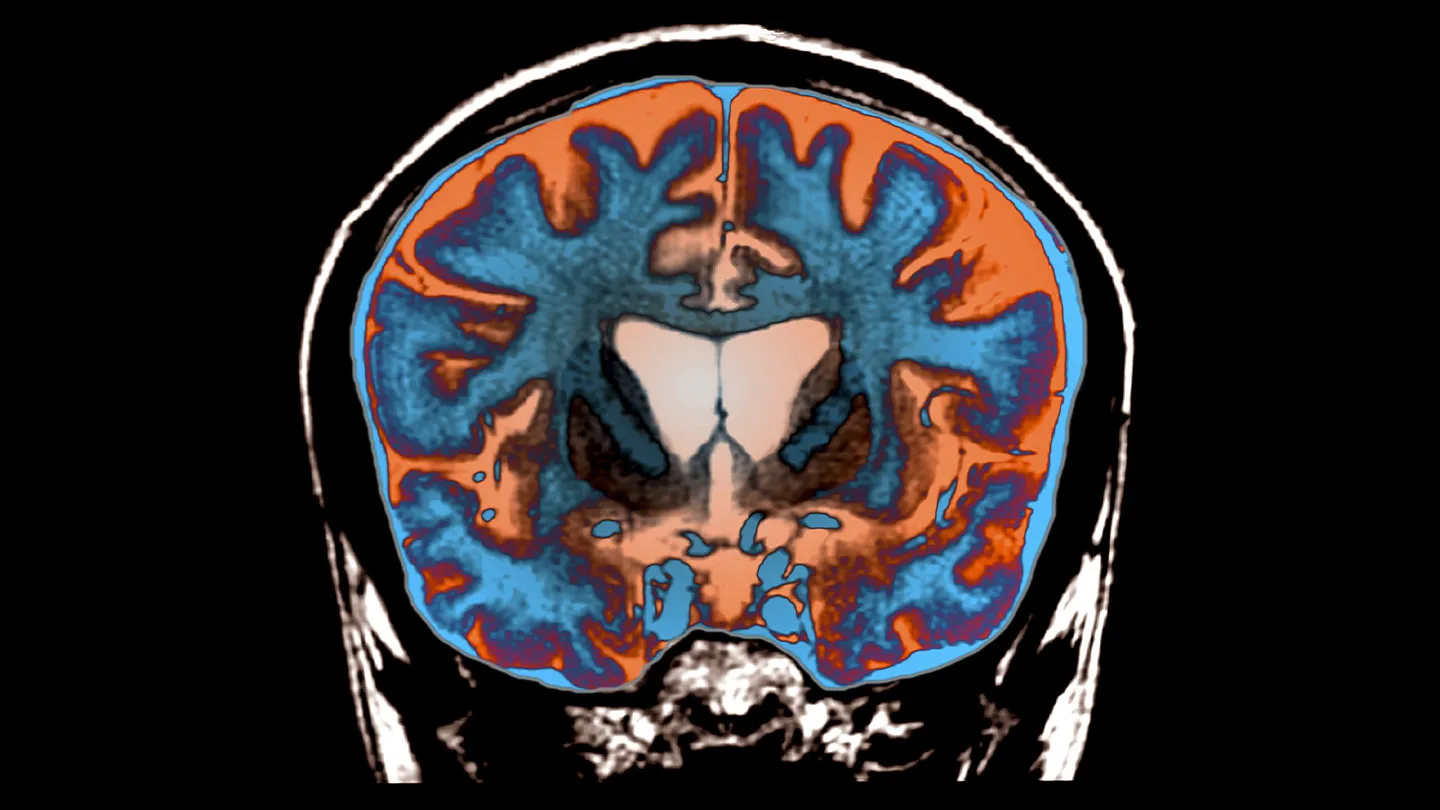The number of New Brunswick residents afflicted by a mysterious and fatal brain ailment continues to increase.
The New York Post reported on Monday that neurological symptoms such as hallucinations, muscle wasting, vision problems, memory loss, and abnormal movements were initially seen in a small group of patients, which grew to 48 cases by 2015.
According to some health experts and New Brunswick residents, the current number of people affected by this condition may now exceed 200.
A significant portion of these cases involves young individuals, who typically do not exhibit dementia-like symptoms or other neurological issues.
New Brunswick neurologist Dr. Alier Marrero addressed a letter to the provincial chief medical officer and the Canadian public health officer in January, expressing his concern about the rising number of young-onset and early-onset neurological syndrome cases.
“Over the past year, I have been following 147 cases, between the ages of 17 and 80 years old,” Marrero stated. “Out of those, 57 are early-onset cases and 41 are young-onset cases.”
As of 2021, there have been nine deaths attributed to this mysterious illness.
A government investigation, which was looking into environmental toxins as a potential cause, was shut down in 2021.
Public Health New Brunswick (PHNB) declared in a 2022 report that there was “no evidence of a cluster of neurological syndrome of unknown cause.”
“People who were part of this cluster displayed symptoms that varied significantly from case to case, and there was no evidence of a shared common illness or of a syndrome of unknown cause,” stated the report.
However, Marrero and patient advocates remain persistent, suspecting that the disorder might be linked to the use of pesticides in New Brunswick.
Glyphosate, a herbicide used in agriculture, forestry, and household weed killers, has come under particular scrutiny.

Marrero highlighted that recent laboratory tests on patients showed clear signs of exposure to glyphosate and other compounds related to herbicides. He noted that the presence of glyphosate could be linked to blooms of blue-green algae in bodies of water.
Glyphosate contains phosphorus, which can stimulate blooms of blue-green algae—a type of cyanobacteria capable of making people sick and killing animals.
Advocates insist the true number of cases is at least 200, with some patients testing positive for multiple environmental toxins at levels up to 40 times higher than the average limit.
A group of New Brunswick patients and their families are urging the provincial and Canadian governments to conduct a full-scale investigation into the disorder.
Patient advocate Steve Ellis’ father Roger was one of the first 48 cases of the neurological condition.
“We are formally demanding that federal Health Minister Jean-Yves Duclos unmuzzle Canadian scientists and direct the Public Health Agency of Canada to uphold the Canada Health Act and reinstate federal experts into the investigation,” said Steve.
Patient advocate Stacie Cormier stated that the group was led to believe a thorough, unbiased public health investigation was in progress for one year.
“We are here to tell you that that did not happen,” said Cormier.
Academic researchers in the United Kingdom determined in 2022 that people who suffered a COVID-19 infection could have experienced a significant loss of brain function.
READ MORE: British university study says COVID might have dented your IQ and aged your brain 20 years
Researchers at the University of Cambridge and Imperial College London found COVID-19 could knock 10 points off of people’s IQ levels.
The study reported that people who have recovered from COVID-19 and had a hospital stay could have sustained brain damage which might take six months to heal. It suggested that the infection might age a brain by as much as 20 years.
